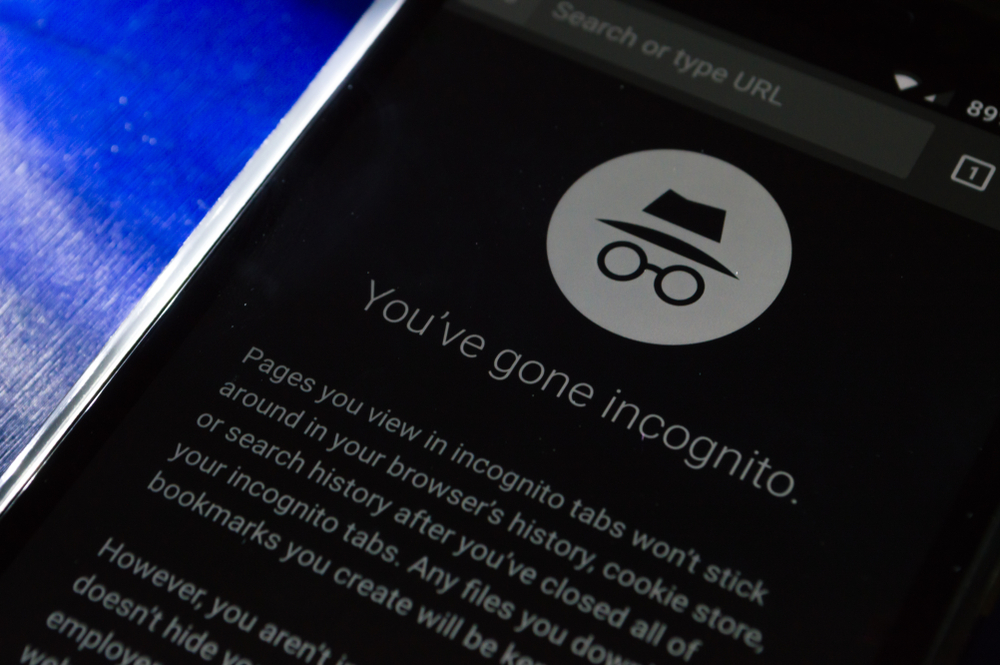In response to a class-action lawsuit filed in 2020 regarding Google Chrome’s Incognito mode surveillance, Google has reached a settlement. The agreement, finalized in federal court in San Francisco, mandates the removal of improperly collected data without offering compensation to affected users. However, users are encouraged to file individual claims for potential compensation.

Historic Settlement Reached
The lawsuit accused Google of concealing information from browser users regarding data collection practices within Incognito mode. The settlement, hailed as a historic step by attorney David Boies, includes provisions for the deletion of collected data deemed improper. Furthermore, Google will update information concerning data collection in Incognito mode and introduce mechanisms for users to disable third-party cookies.
Enhancing Transparency and Privacy
During the trial, internal documents emerged revealing discussions among Google executives about privacy concerns related to Incognito mode. Google’s Chief Marketing Officer, Lorraine Twohill, cautioned CEO Sundar Pichai against promoting Incognito mode as entirely private due to potential misunderstandings. Consequently, Google has agreed to revise the description of Incognito mode to provide users with clearer insights into data collection practices. Additionally, within the next five years, Incognito mode is expected to block third-party cookies by default, notes NIXsolutions.
Commitment to User Privacy
As part of the settlement, Google has pledged to remove all user tracking software from Chrome by the end of the year. This move aims to enhance user privacy and transparency in online browsing activities. While the settlement marks a significant milestone in the ongoing dialogue surrounding tech industry integrity, vigilance remains crucial in ensuring continued adherence to privacy standards. We’ll keep you updated on further developments in this evolving landscape.
